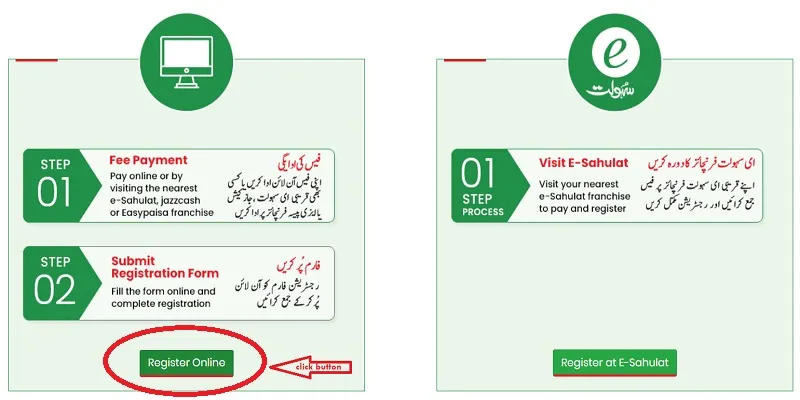How to Determine If You Owe Money to the IRS
Oct 03, 2023 By Triston Martin
The IRS has three months from your submission date (including extensions) to inform you of outstanding taxes and ten years after your initial notification to retrieve all taxes due. According to Raanan, the 10-year period begins on the day the tax was "assessed," or recorded. However, "the statute date can be prolonged owing to conduct on an account," including bankruptcy, appeal, delivering an offer in compromise, and other similar actions. When a tax debt is not paid for long, the Internal Revenue Service may take enforcement procedures to collect the money owed. These actions include bank levies and tax liens.
Methods to Pay Your Taxes
There are alternatives to immediately paying the whole amount of your tax bill. Tax Act's vice chairman of tax operations, Mark Jaeger, suggests credit card payment if taxpayers are confident they can pay it off during the 30-day grace period. He explains, "The IRS does provide several sorts of installment arrangements," and he points out that the interest rate on these plans is roughly 4%, which is a lot better than even a credit card bill of 18% to 25% percent.
Get on an installment plan.
You can apply to make installment payments on your tax bill. Interest will keep piling up while you delay.
Ask for a compromise offer.
Your tax debt can be settled for far less than the whole amount owed in this way. The process often includes applying.
Register, and pay how much you can.

Since the penalty for failing to file is greater than the penalty for failing to pay, it is better to complete your taxes and do what you can rather than risk the higher of the two penalties. Now is the time to negotiate a payment plan with the IRS or see a tax attorney about your choices.
Ask for a determination of hardship.
The IRS may lift a bank levy if doing so would relieve undue financial strain.
Conclusion
When you initially learn that you face a tax payable, you must initiate the process of resolving it as soon as possible by following the appropriate steps. Taking action as quickly as possible is the single most critical step that taxpayers can take to lessen the danger of receiving correspondence from the Internal Revenue Service (IRS) and the fines and fees associated with such a letter. However, clients commonly say that the Internal Revenue Service (IRS) has sent them inaccurate letters, not answered their phone calls, and caused administrative delays in recent years. Because of this, it has become more challenging for citizens to appreciate and make their way through the agency's dealings with them.
Related articles

Maximizing Your Spend: A Guide to Instant Reward Credit Cards
Explore the world of instant reward credit cards! This guide helps you understand their workings, and provides tips to maximize your everyday spending with these cards.
Triston Martin
Jan 24, 2024
Banking

What are The Best LLC filling companies And Their Advantages?
Limited Liability Companies lower tax burdens and protect personal assets. This business entity protects the owner's assets and can potentially reduce their tax burden. It is possible to complete although many owners can file LLC paperwork on their own, a filing firm is preferred to make sure that everything does, the forms contain accurate information, and the business entity creation occurs correctly.
Susan Kelly
Nov 01, 2023
Know-how

Five Rules To Improve Your Financial Health
To save money and plan for one's needs and aspirations is to engage in personal finance. Everything you do or decide has an impact on your financial stability. It's important to evaluate our current financial status and consider what steps we may take to improve it.
Susan Kelly
Nov 15, 2023
Know-how

Understanding FICA Taxes: What You Need to Know
Curious about FICA Taxes? Dive into this simplified guide to grasp the ins and outs of Social Security and Medicare contributions.
Triston Martin
Oct 11, 2023
Taxes

Guide To Understanding Loans: Definition, Process, Variations, and Advice
Loans are revolving lines of credit in which one party provides money to another, who then repays the lender plus interest or the principal plus any fees. Lenders will often charge interest or other financing costs in addition to the original loan principal
Triston Martin
Nov 25, 2023
Banking

Growth of GDP and Its Effect on Recession and Economy
A good American gross domestic product growth is good for the economy, but what happens when the GDP is negative? Learn about how GDP and recession relate to each other in this article.
Triston Martin
Dec 04, 2023
Know-how

Alternative Motor Vehicle Credit
It is required that the car be a qualifying fuel cell vehicle for the owner to be eligible for an Alternative Motor Vehicle Credit. This vehicle is propelled by the energy produced by part or all of its cells, which transform chemical energy into direct electrical energy by combining hydrogen and oxygen fuel and satisfying other requirements.
Triston Martin
Oct 05, 2023
Banking

Navigating Life's Metrics: Standard of Living vs. Quality of Life
Explore the differences between standard of living and quality of life in this comprehensive article, highlighting their pros, cons, and key distinctions for a better understanding of well-being
Vicky Louisa
Oct 29, 2024
Investment